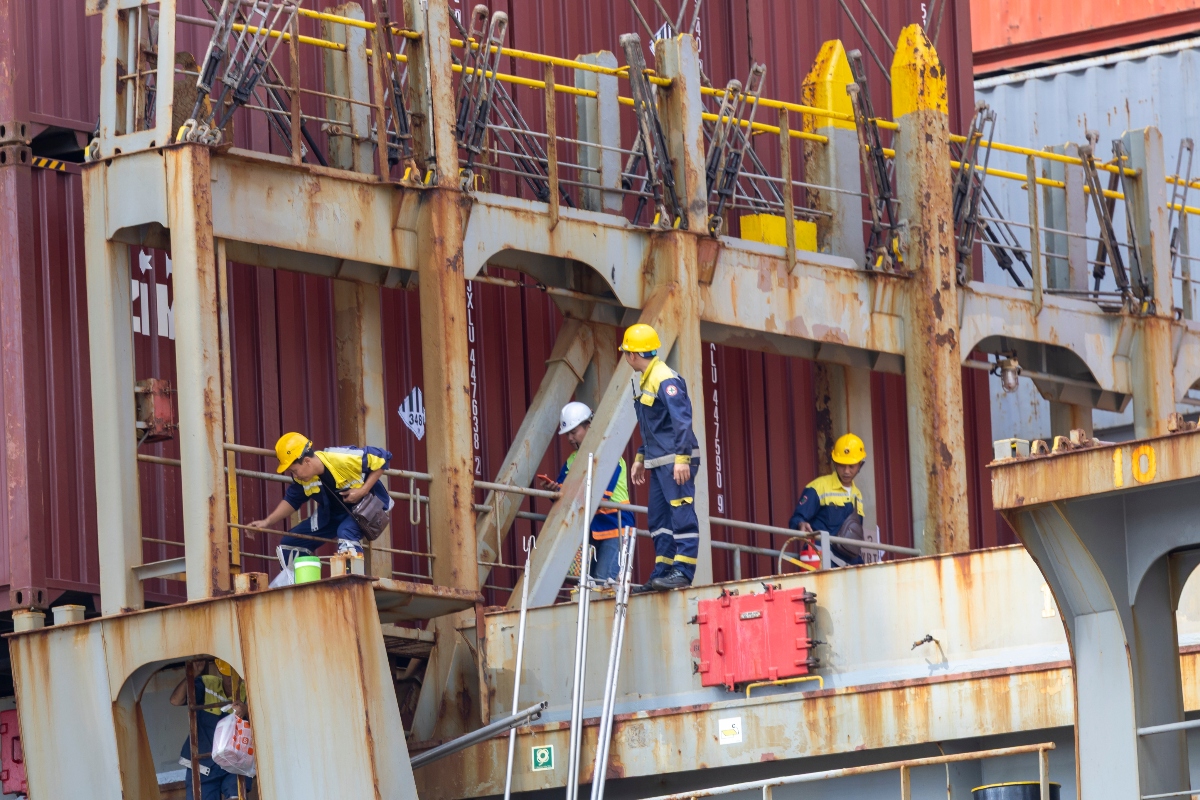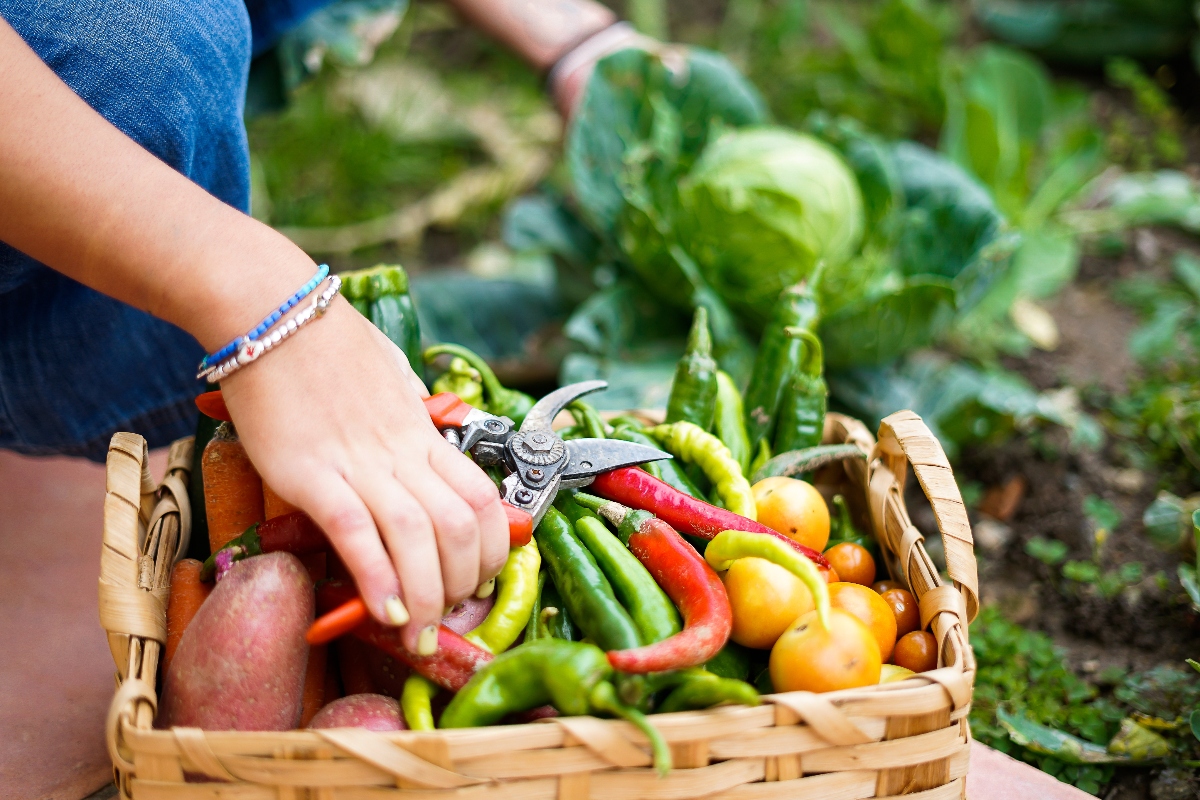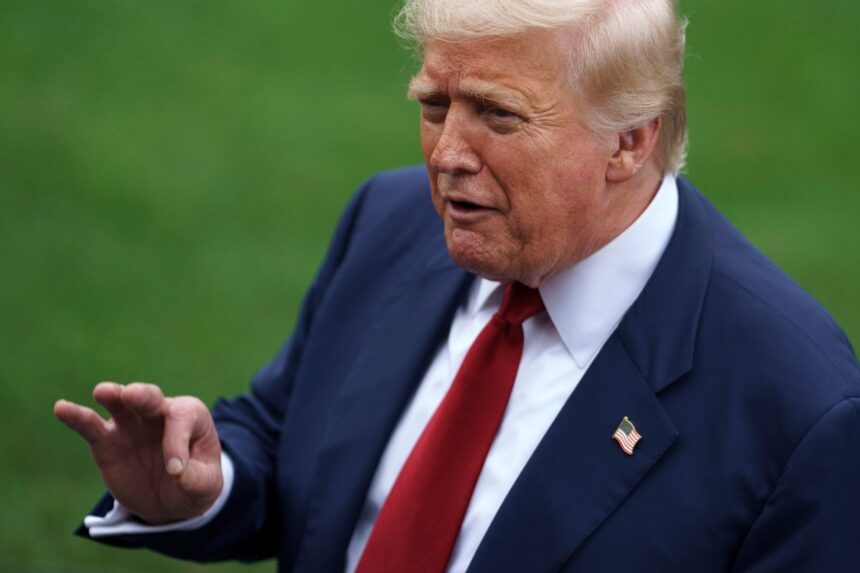This Tuesday, August 5, 2025, President Donald Trump acknowledged in an interview with CNBC that deported migrant workers are difficult to replace, especially in agriculture. He stated that “people who live in cities don’t do that work” because “migrants do it naturally.”
Claiming to keep his deportation policy focused on criminals, Trump assured that he is working with farmers to minimize the economic impact and allow some migrant workers to return legally through special permits.
Effects on the labor and agricultural economy

Sectors such as agriculture, hospitality and leisure are already facing labor shortages
.
They show a drop of up to 1.7 million foreign workers between March and July, according to the July 2025 labor report.
People who live in the cities don't do that work
Donald Trump
The migration crusade has generated alarm among farmers.
ICE conducted massive raids, resulting in the absence of up to 70% of the
migrant workers after the raids, just in time for harvest season, according to industry reports.
Farmers’ proposals and resistance

The government announced plans for a “touchback” program, in which deported workers can return legally under specific conditions.
H-2A visas are also being evaluated to be extended to sectors beyond seasonal agriculture, such as dairy farming.
Meanwhile, Agriculture Secretary Brooke Rollins suggested replacing deportees with Medicaid recipients or through automation, a proposal that was rejected by experts and agricultural leaders as unfeasible due to job specialization.
Agricultural groups doubled their spending on lobbying in 2025 (to $29 million).
This is to press for policies that allow for labor stability and regularized migrant labor.
For the U.S. Hispanic community, this means:
High uncertainty about future mass deportations.
Possible regulations allowing legal return if coordinated
from the country of origin.
Increased legal support activities and community workshops
to address raids and irregularities.
For more information, visit QuéOnnda.com.























